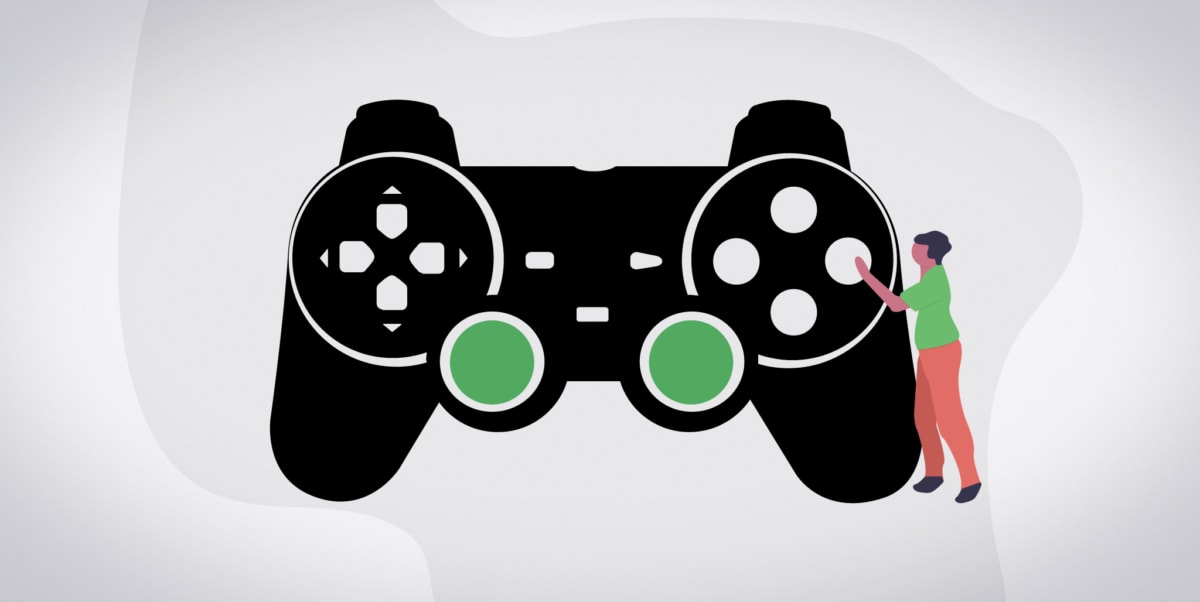Caribbean Business Insights
Exploring the vibrant business landscape of the Caribbean.
Ghosts in the Machine: Navigating Privacy in Online Gaming
Discover the hidden threats to your privacy in online gaming. Uncover secrets and protect yourself from the ghosts in the machine!
Understanding Data Collection Practices in Online Gaming
Understanding data collection practices in online gaming is crucial for both players and developers alike. Online gaming platforms collect a variety of data to enhance user experiences, improve gameplay, and ensure security. This data can include player behavioral patterns, in-game purchases, and even communication logs. By analyzing this information, developers can tailor their products to meet player preferences, paving the way for more engaging and interactive experiences. However, it's essential for users to be aware of what data is being collected and how it is utilized to protect their privacy and make informed decisions.
Data collection in the online gaming industry often involves multiple methods, primarily through cookies, user accounts, and game analytics. Players typically encounter cookies when they log in to platforms, which help track login credentials and game preferences. Furthermore, user accounts allow developers to gather information such as gameplay duration, achievements, and social interactions. This rich dataset not only aids in enhancing player engagement but also plays a significant role in targeted advertising and monetization strategies. As the landscape of online gaming evolves, transparency about these data collection practices remains vital for maintaining trust within the gaming community.

Counter-Strike is a popular series of first-person shooter video games where players compete in teams to complete objectives, such as bomb defusal or hostage rescue. For those looking to enhance their gaming experience, you can check out the cryptocasino.com promo code for exciting benefits. With its strategic gameplay and team dynamics, Counter-Strike has become a staple in the eSports community.
How to Protect Your Privacy While Gaming: Tips and Best Practices
In the age of online gaming, protecting your privacy has become more critical than ever. Here are some essential tips to safeguard your personal information while enjoying your favorite games:
- Use Strong Passwords: Choose unique, complex passwords for your gaming accounts. Avoid using easily guessable information, and consider a password manager to keep track of your credentials.
- Enable Two-Factor Authentication: Whenever possible, activate two-factor authentication (2FA) on your gaming accounts. This adds an extra layer of security by requiring a second form of verification, such as a text message or an authentication app.
Moreover, be cautious about the information you share with other players and the platforms you use. Here are additional best practices to enhance your privacy:
- Limit Personal Information: Avoid sharing personal details, such as your real name, address, or phone number, in gaming forums or chat rooms. This information can be exploited by malicious users.
- Review Privacy Settings: Regularly check the privacy settings on your gaming accounts and within the games you play. Tailor these settings to limit who can see your profile and activity.
Are Your Gaming Habits Making You Vulnerable? Exploring Privacy Risks in Online Spaces
In today's digital age, online gaming has become a prevalent form of entertainment, but it also opens up an array of privacy risks that players often overlook. Many gamers unwittingly share a wealth of personal information through their profiles, in-game chats, and social media integrations. This can include anything from their real names to geographical locations and even credit card information. Furthermore, the lack of stringent privacy regulations in many gaming platforms means that this data can be easily exploited by malicious actors. As such, gamers must critically evaluate their gaming habits to ensure they aren't compromising their personal privacy.
To mitigate these risks, players should take several proactive steps. First, consider adjusting your privacy settings on gaming platforms and social media accounts to limit who can view your information. Second, be cautious about connecting with strangers in online games, as many users may not be who they claim to be, potentially leading to phishing scams or identity theft. Additionally, using a VPN can provide an extra layer of protection by masking your IP address and encrypting your online activities. By being aware of the privacy risks associated with online gaming and taking these precautions, you can vastly reduce your vulnerability in virtual spaces.